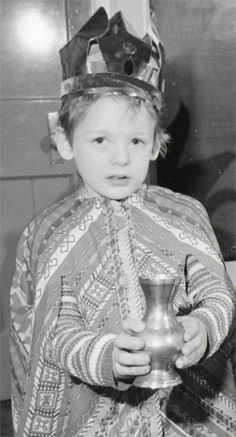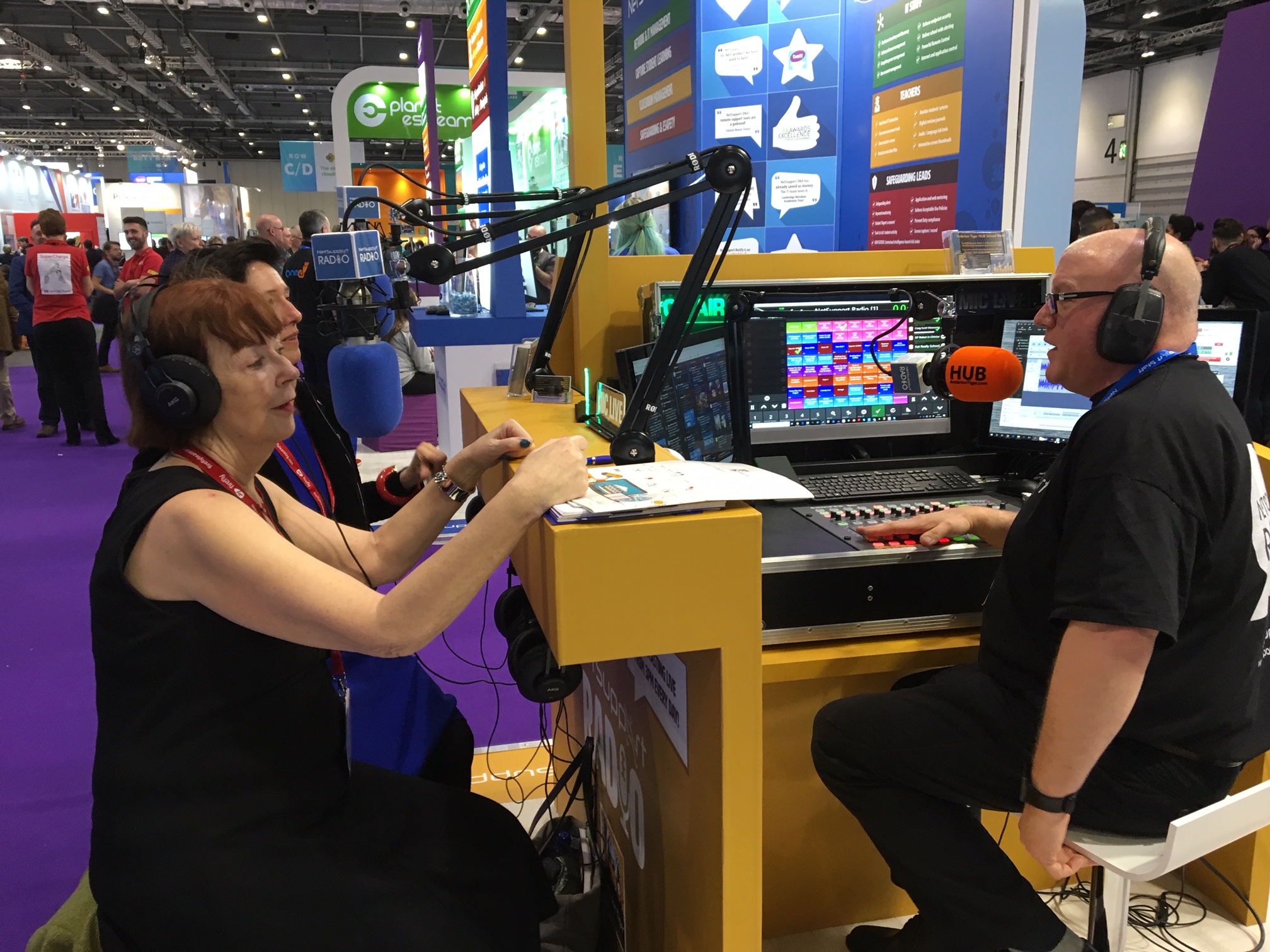 It’s that time of year when primary teachers are casting roles in the nativity play. This morning I received research results from www.GingerComms.com. According to their poll of 2,000 British adults, (conducted on behalf of Virgin Media to mark their Christmas stars competition) there are clear links between the role played by children in the school nativity and their future life chances.
It’s that time of year when primary teachers are casting roles in the nativity play. This morning I received research results from www.GingerComms.com. According to their poll of 2,000 British adults, (conducted on behalf of Virgin Media to mark their Christmas stars competition) there are clear links between the role played by children in the school nativity and their future life chances.
Who knew that oxen end up as the highest earners with an average £43,000 a year, more than twice as much as those who played a lamb or sheep? Who would have thought that Angel Gabriels have around 1,297 followers on social media? Or that they read three and a half books a month, whereas your average donkey just manages one.
‘If your child is playing one of the three wise men this year, they will most likely end up working in construction and enjoy gaming …are most likely to be introverted, with 67 percent admitting they are shy.’
To be fair, Dan did have a holiday job for a plumbing and central heating company. I think the consensus would be, ‘tried hard but lacked ability,’ and he is noted neither for his DIY skills, nor for his bashfulness.
Kate should be ‘working in healthcare, enjoy yoga and likely to be introverted’. Wrong again. As Little Slow Coach she changed the narrative so that the nativity became a ‘coming of age’ story about a lost and lonely lamb, with Mary and Joseph relegated to the stalls. Mind you, she has been working for Shelter for the last few years.
According to the Virgin Media research, Joe could all too easily have been one of the 9 percent who said, ‘missing out had been so painful that they never acted again.’
In his nativity play, nearly all the roles went to girls. I seem to remember that even the shepherds metamorphosed into shepherdesses, complete with sheep crooks and frilly dresses. Mrs R was not a feminist; she just hated boys.
Joe didn’t seem to care much at the time and years later got a degree in Performing Arts from Bretton Hall and acquired clowning and trapeze skills at Greentop Circus in Sheffield.
So, it just goes to show, early childhood experiences have no impact whatsoever on your children’s future life.



 here is loads of good stuff for people with dyslexia: Debra Charles is doing one of the keynotes. She is
here is loads of good stuff for people with dyslexia: Debra Charles is doing one of the keynotes. She is As someone who uses Autocorrect on Word and types entirely in abbreviations, I am keen to see Global AutoCorrect which works with all programs from presentation software to emails, the web and social media. It frustrates me when I have to type every letter on Facebook. Maybe now I won’t have to.
As someone who uses Autocorrect on Word and types entirely in abbreviations, I am keen to see Global AutoCorrect which works with all programs from presentation software to emails, the web and social media. It frustrates me when I have to type every letter on Facebook. Maybe now I won’t have to.